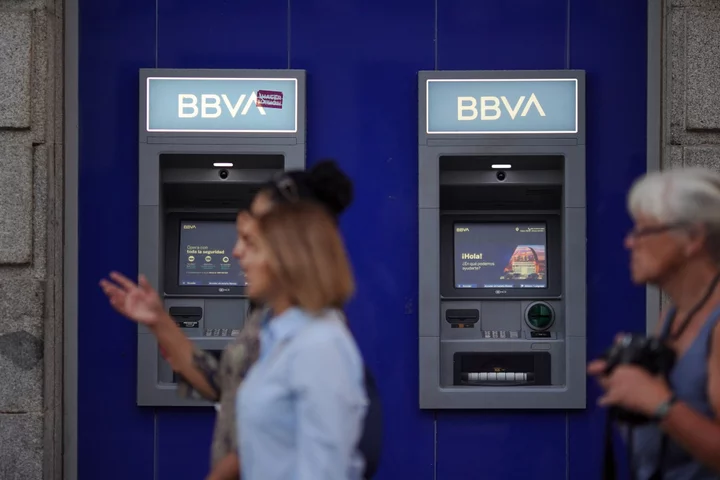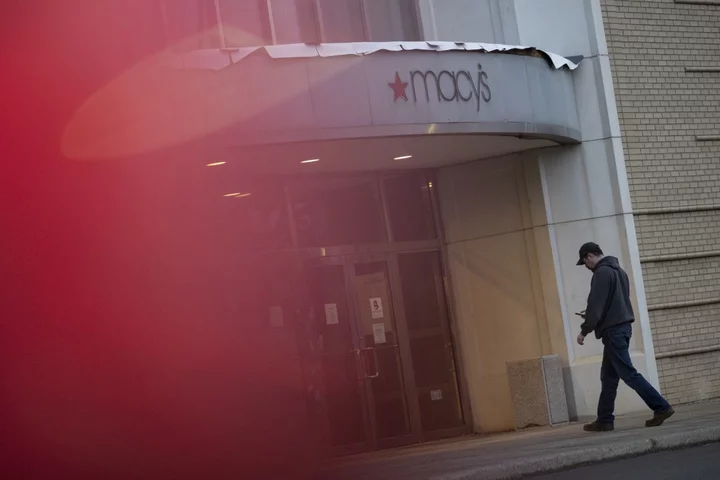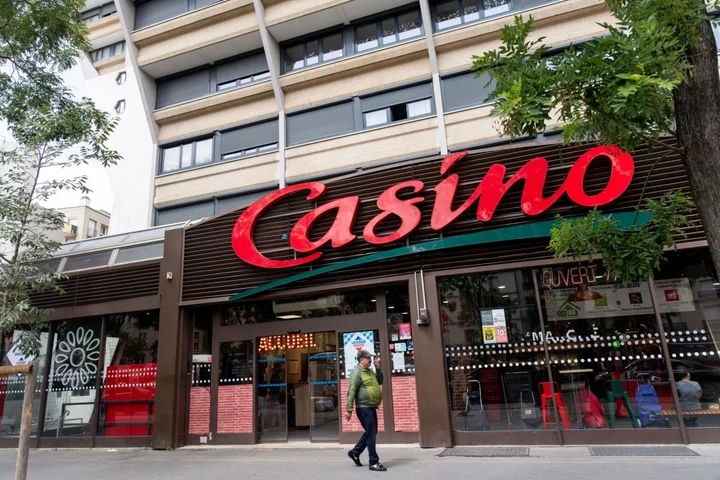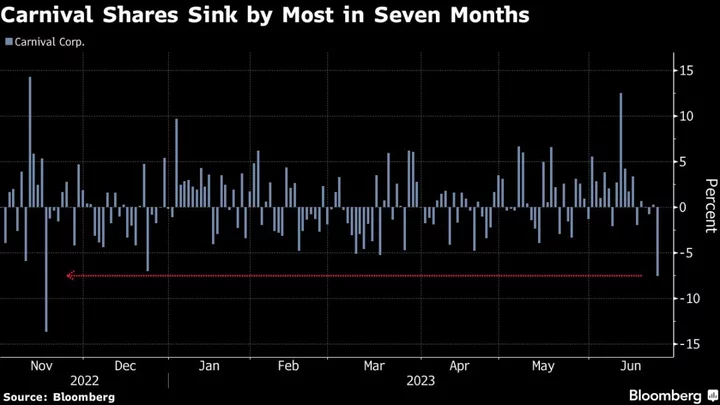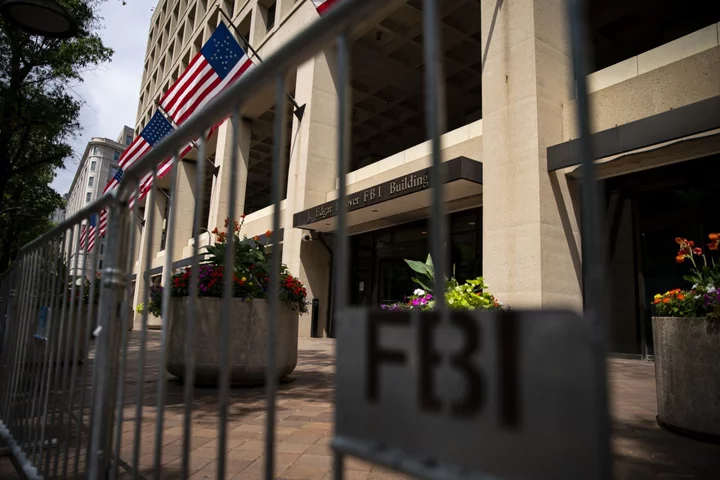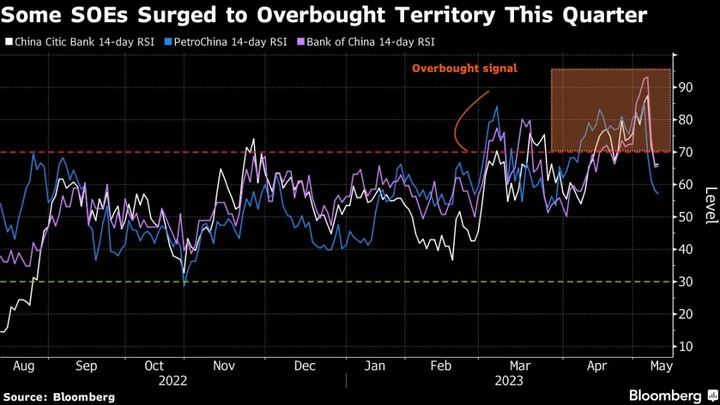The market for the riskiest type of bank debt is reopening, with Banco Bilbao Vizcaya Argentaria SA and Bank of Cyprus Holdings Plc selling the first AT1 bonds in Europe after a controversial wipeout of Credit Suisse Group AG’s notes.
The Spanish bank is looking to raise between €750 million ($810 million) and €1 billion from the sale of Additional Tier 1 notes, offering an initial yield of around 8.75%, according to a person familiar with the matter, who asked not to be identified because they’re not authorized to speak about it. Bank of Cyprus is offering €220 million notes at an initial yield of around 12.5%, according to a separate person with knowledge of that deal.
The market for AT1 bonds has been frozen in Europe since the writedown of $17 billion of the debt as part of UBS Group AG’s emergency rescue of Credit Suisse in March. That decision shook up the market because it left holders of the bonds with nothing, while shareholders — typically below bondholders in the capital structure — salvaged some value.
Read more: Call Them CoCos or AT1s, Here’s Why They Can Blow Up: QuickTake
BBVA and Bank of Cyprus are coming to market after a few weeks of relative calm, with issuers taking advantage of improved sentiment to offer riskier deals — and use a window ahead of the Federal Reserve’s meeting on Wednesday. The initial yield on the BBVA bonds is around the same as the average yield of about 9% that euro AT1 debt handed investors just before the Credit Suisse debacle, according to a Bloomberg index.
Issuing AT1 debt is a way banks can bolster financial resources that’s usually cheaper than shares, and helps banks to comply with capital requirements. The bonds were created by regulators after the financial crisis as a way to impose losses on creditors when banks start to fail without using taxpayer money.
BBVA and Bank of Cyprus are the first publicly-syndicated deals in the region since the Credit Suisse rescue, after Germany’s DZ Bank AG issued the risky debt in a private placement last month.
In Asia, there’s been a trio of AT1 offerings since April, when Sumitomo Mitsui Financial Group Inc. became the first lender to sell the securities since the Credit Suisse wipeout. Things have been slower-moving in Europe, where the riskiest deals offered to investors have been corporate hybrids, subordinated tier 2 and senior non-preferred notes, which sit below top-ranked senior unsecured bonds in the pecking order of claims, but above subordinated bonds.
A number of banks have first call dates on their existing AT1s this year, and it is unclear whether they will follow the lead of BBVA and try to offer new notes. Barclays Plc, Caixabank SA and Societe Generale SA are among borrowers who have calls coming up this year.
Author: Ronan Martin and Hannah Benjamin-Cook

